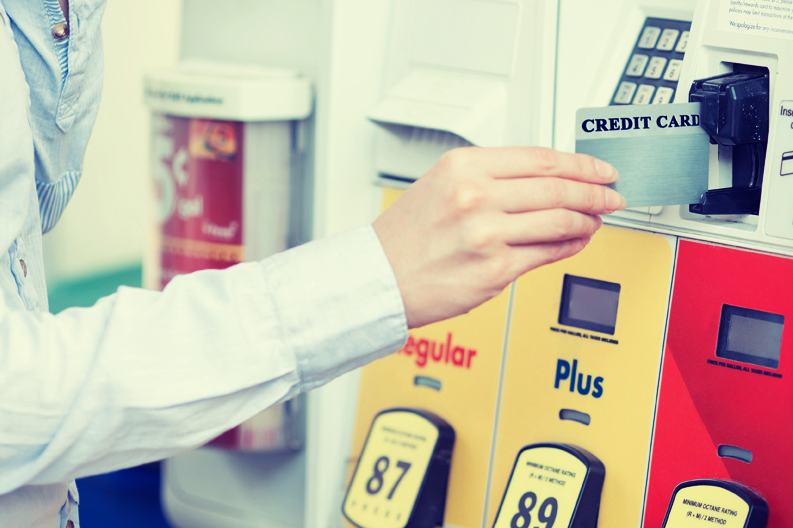
Credit card cash advance facility lets you withdraw money from an ATM or bank directly using your credit card. However, you should not ignore the fact that cash advance is an extremely expensive option. So, before you swipe your credit card at the nearest ATM, let us talk about the reasons behind why you shouldn’t opt for a cash advance.
What is Cash Advance?
Cash Advance is a service provided by your credit card issuer that allows you to withdraw cash off your available credit card balance via an ATM or bank. Out of your total credit limit, banks assign a certain cash limit on your credit card. This usually ranges from 20-30% of your total limit.
Why are Credit Card Cash Advances so Expensive?
It may look like the most convenient way of getting some cash at your disposal but it is also the most expensive one. Some of the reasons associated with it are mentioned below-
- You have to pay additional charges
Cash advance on credit card attracts an additional fee. Some banks charge a flat amount while others charge it as a percentage of the amount withdrawn. Majority of the banks charge a flat fee or a percentage of the amount, whichever is higher. The table given below shows the cash advance fee charged on some popular credit cards-
Also Read: How Banks Determine the Limit on your Credit Card
| Credit Cards | Cash Advance Fee |
| SBI Card Elite |
At Domestic ATMs- 2.5% of the transaction amount, subject to a minimum of Rs. 300 |
| HDFC Regalia Credit Card |
2.5% of the transaction amount, subject to a minimum of Rs. 500 |
| Citi PremierMiles Credit Card |
2.5% on the billed amount withdrawn, subject to a minimum of Rs. 500 |
| HSBC Visa Platinum Credit Card |
2.5% on the billed amount withdrawn, subject to a minimum of Rs. 300 |
2. It offers no interest-free period
One of the major disadvantages of cash advances is that it does not offer any grace period. The bank starts charging interest on the amount from the very next day so until the next bill is generated the accumulated interest amount will be substantial. Ideally, you should not wait for the bill and pay the amount as soon as possible.
3. Interest on cash advance may be higher
Based on the bank and the type of credit card, you might be required to pay extra interest charges on cash withdrawal. If you pay the outstanding amount on time, you would have to pay less interest but the longer you take to pay back the more interest will be accrued. You must read the terms and conditions on your credit card to know the interest charges on cash withdrawals.
Also Read: Demystifying the Concept of Credit Card Debt to EMI Conversion
Alternatives to Cash Advance
Instead of sinking yourself in a debt burden by taking a credit card cash advance, you can weigh some other options to arrange for a financial crisis. One of these may be a good help-
Personal Loan – Nowadays, a number of banks offer personal loan at attractive rates of interest and the amount is also disbursed within a few days. Though personal loan also attracts interest charges, the terms of repayments are favourable as compared to cash advances.
Short-term Personal Loan – A lot of platforms these days have stepped into the lending market to meet the emergency cash requirements of people. A short sum is made available to the borrowers which should be paid back within a short tenure, say 3 months. This is also a worthy alternative.
Savings – Although we do not suggest this, it will be better to dig into your savings than taking a highly expensive credit card cash advance. This option should be considered if you need a small sum.
Salary Advance – Many employers in the market provide low-cost payroll advances as an alternative to the employees.
Peer-to-Peer Loan – P2P lending is a system in which you can borrow money from investors and not banks. The approval rates here are a lot higher.
Bottom Line
The ideal way to meet such expenses is to create an emergency fund and start saving in advance. Cash advances are extremely expensive and should not be used unless there is no other way out.
1 Comment Comments
Thanks, it’s quite informative